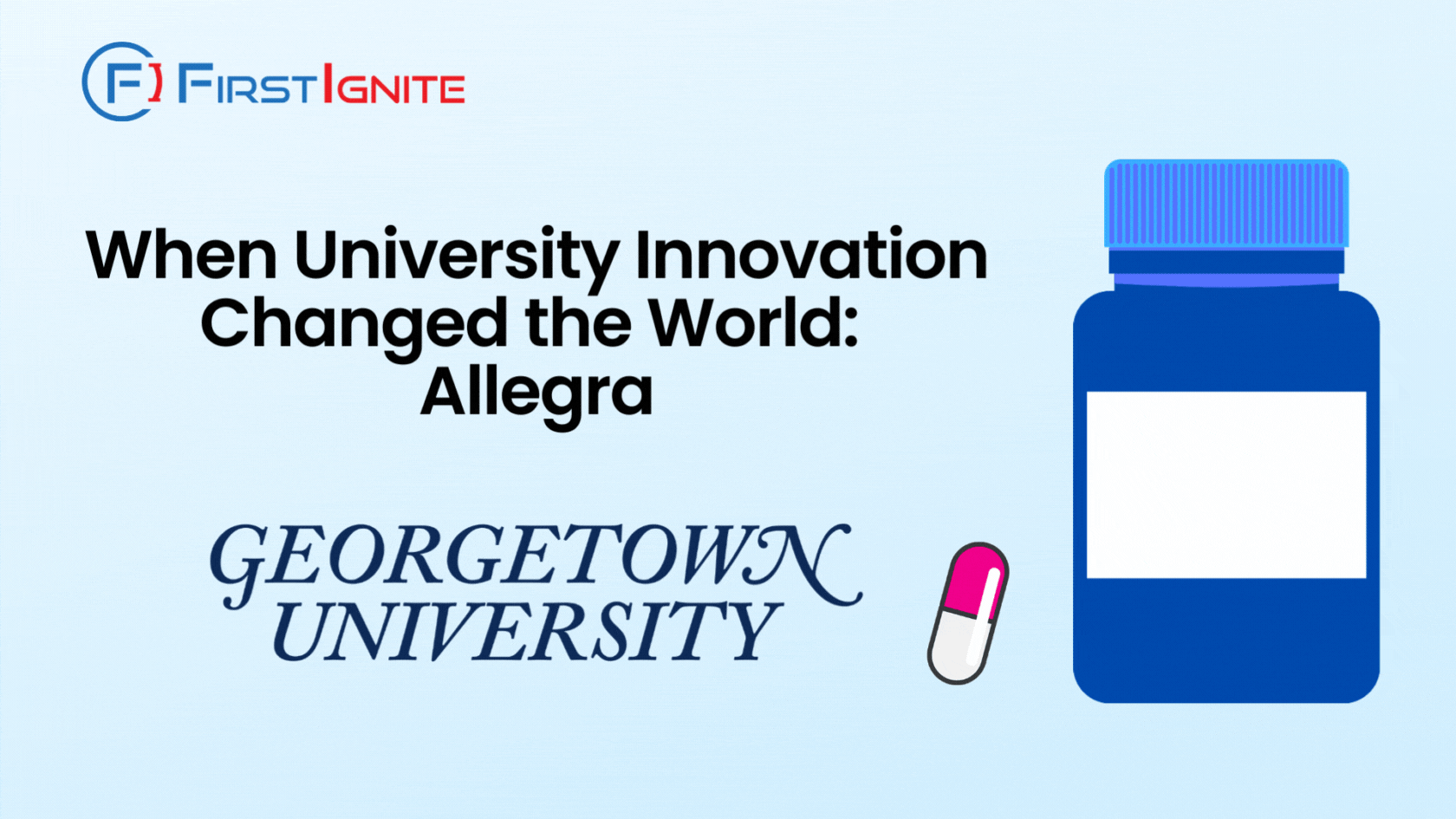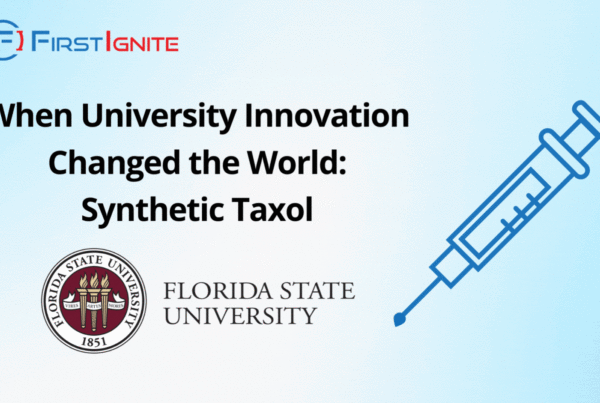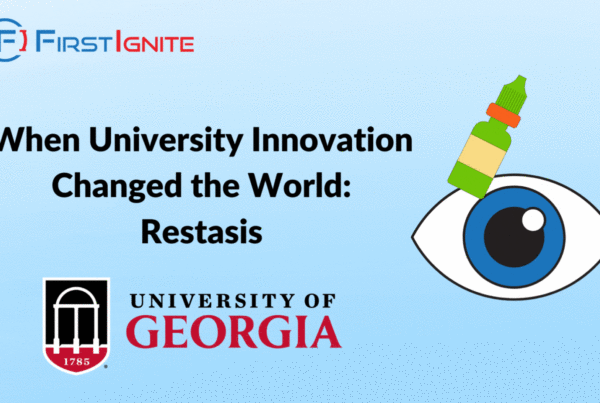
Did you know that a researcher at Georgetown University discovered Allegra? Dr. Raymond Woolsey originated the medication that changed the way allergies are treated.
An allergy is a condition in which the immune system reacts abnormally to something foreign, such as pollen. Before the development of Allegra, the common medication used to treat allergies was called terfenadine. This medication, while an effective allergy treatment, was found to cause fatal heart arrhythmias. In 1996, Dr. Woolsey, while working as the chairman of pharmacology at Georgetown University Medical Center, sought to create a safe alternative to terfenadine. Through his research, he discovered the drug fexofenadine, which is now known under the brand name Allegra. The medication treats allergy symptoms like watery eyes, runny nose, itching eyes/nose, sneezing, hives, and itching without producing serious side effects.

Currently, the allergy treatment market is growing. The market was worth $19.07 billion in 2021 and is expected to increase to $31.63 billion by 2029. This growth is due to an increase in various forms of allergies, a growing elderly population, and investments in healthcare. Each year, more than 50 million Americans suffer from allergies, and Allegra helps many of these people have a better quality of life.
Innovation at universities can change the world. Keeping up with university innovation is crucial to your organization’s competitiveness as it allows you to identify new technologies that can help to give you a competitive edge in the market. FirstIgnite can help your organization identify and partner with the specific universities, laboratories, and experts you need in order to discover the next medical breakthrough like Allegra.




